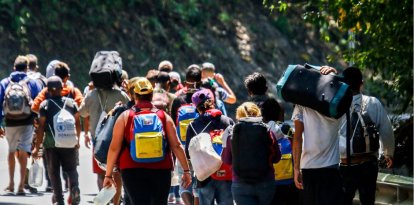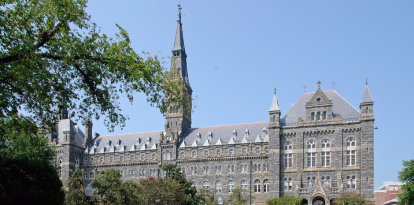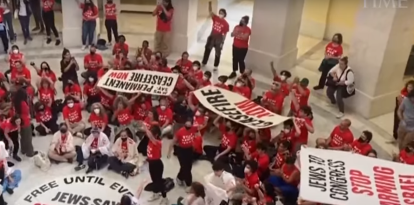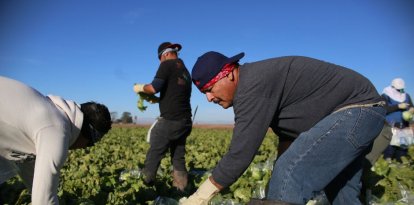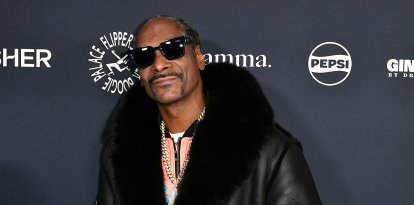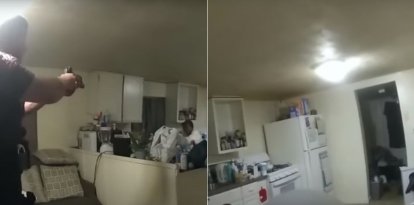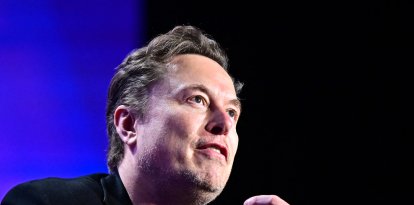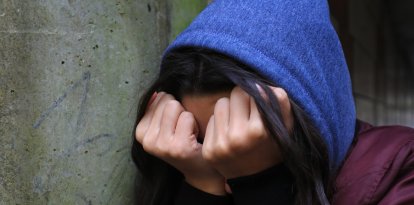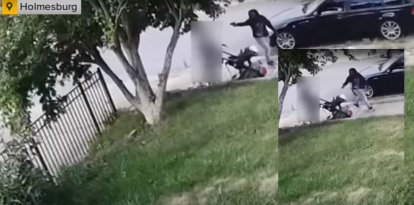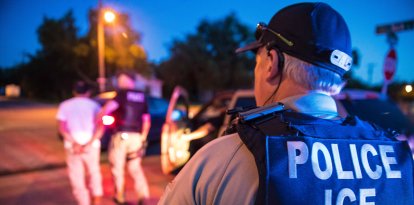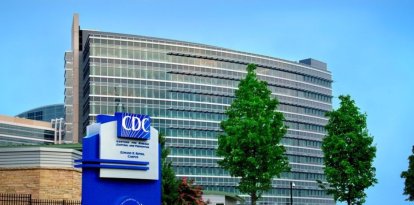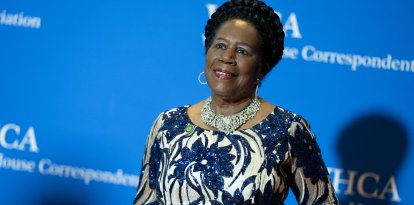Judge approves a class action lawsuit for 6,000 Black Tesla workers who claim racism
The plaintiffs support their allegations with testimonies from 240 individuals who claim to have witnessed episodes of racist insults within the factory.
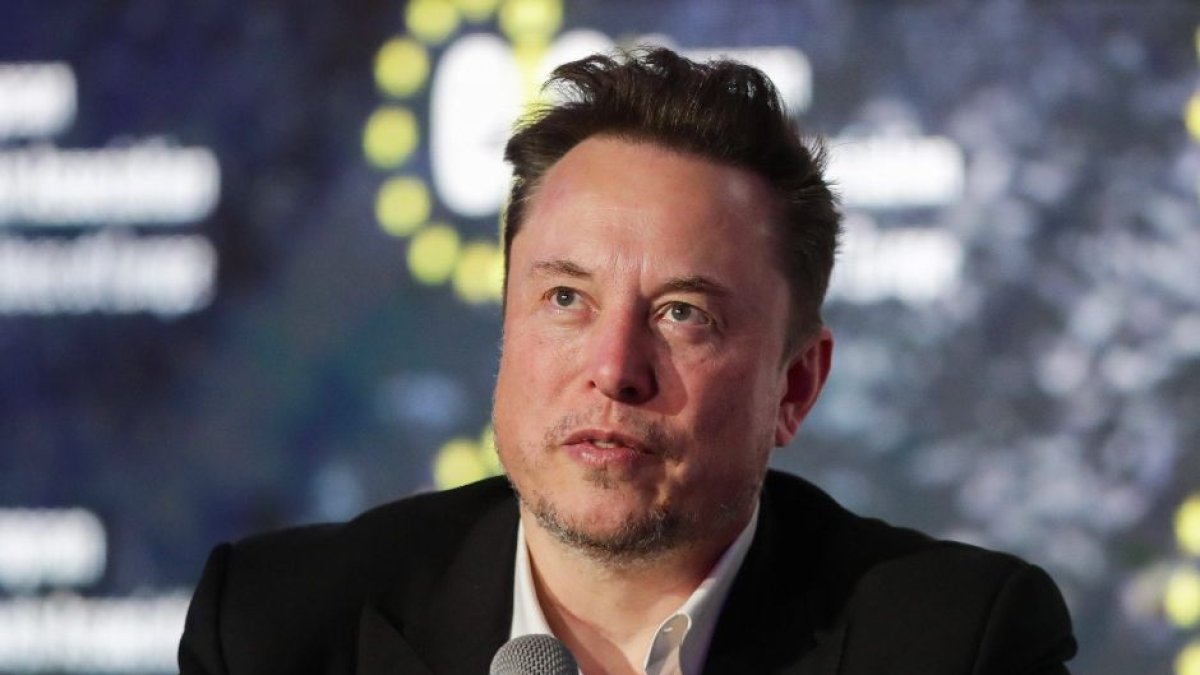
Elon Musk ( SOPA Images/Sipa / Cordon Press)
An Alameda County Superior Court judge gave the green light for nearly 6,000 Black workers to proceed with a class-action lawsuit against Tesla, alleging racism and discrimination at their Fremont plant. The decision marks a milestone in the case initially filed in 2017, representing African American employees who worked at the factory from November 2016 to the current date.
The lawsuit accuses Tesla of having created an "intimidating, hostile, and offensive work environment for Black and/or African-American employees," highlighting the frequent use of racially derogatory terms and discriminatory treatment.
According to a report by Ars Technica, the plaintiffs backed up their claims with statements from 240 people who said they witnessed racist insults at the factory and filed complaints with management.
The interim ruling allowing the class action lawsuit to move forward will be finalized after a hearing scheduled for March 3.
Tesla rejects the accusations
The electric vehicle company claims to have tracking systems to address complaints of discrimination and harassment, including statements from 228 other employees who deny having witnessed any discrimination or harassment by the company.
Despite this, Judge Noël Wise believes there is sufficient common evidence to suggest that the company may not be adequately addressing this issue. However, it has been determined that damages must be assessed individually for each group member rather than jointly.
The trial
The collective judicial process will be carried out in two phases. In the first phase, a jury will decide whether Tesla has shown a pattern of "fail[ing] to take all reasonable steps necessary to prevent discrimination and harassment" as well as failing to implement "immediate and appropriate corrective action." If so, the court could issue an injunction requiring Tesla to improve its internal policies.
In the second phase, each group member will be able to claim financial damages individually in a jury trial, using the conclusions of the first phase as evidence. For its part, Tesla could argue that claims should be brought through arbitration.
This ruling comes at a time when Tesla faces a similar case from the California Department of Civil Rights. The company has also been involved in other high-profile lawsuits related to racial discrimination cases, including an initial $137 million verdict that was later reduced to $15 million in the case of a former employee named Owen Diaz.
Tesla called the original lawsuit "a hotbed of misinformation" and assured that it has already taken action and fired three workers after investigating Díaz's accusations.













